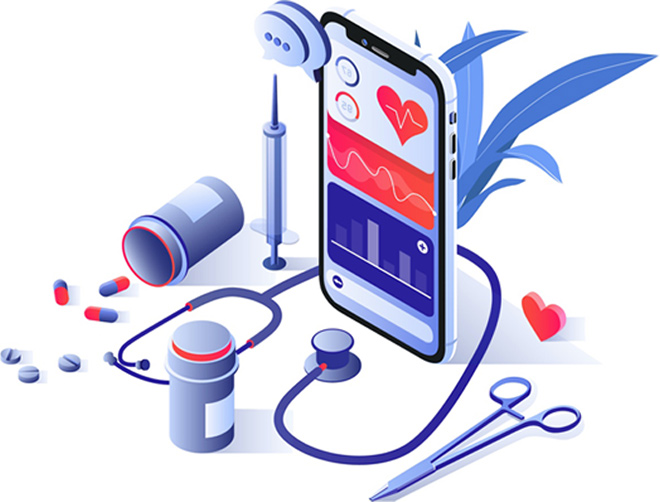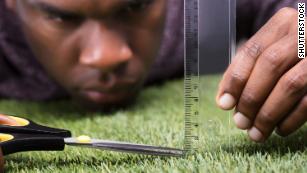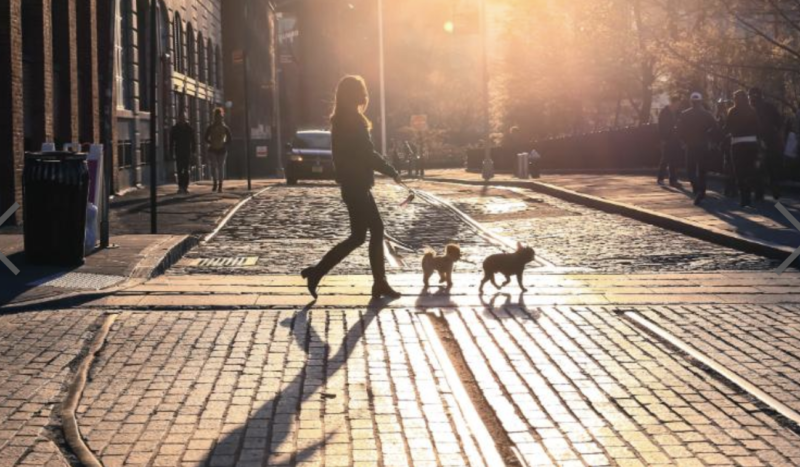By Sandee LaMotte, CNN
This year, “Random Acts of Kindness” Day falls on Monday, but the foundation behind it wants you to consider being kind every day.In fact, they want you to be a “RAKtivist,” or a “Random Acts of Kindness activist.”Here’s why: Spreading kindness not only helps others feel better about themselves — it can also boost the giver’s health and happiness, according to research. It’s a win-win for all.
A ‘helper’s high’
Studies have shown that putting the well-being of others before our own without expecting anything in return — or what is called being altruistic — stimulates the reward centers of the brain. Those feel-good chemicals flood our system, producing a sort of “helper’s high.” Volunteering, for example, has been shown to minimize stress and improve depression.

Being happier will help you live longer, so learn how to be happierclose dialogCovid-19Your local resource.Set your location and log in to find local resources and information on Covid-19 in your area.Set Location

That’s not all: The same activity can also reduce the risk for cognitive impairment and even help us live longer.One reason for this, experts say, is because kindness contributes to our sense of community and belonging. And that, studies have found, is a key contributor to a healthy, longer life.
Lower blood pressure
Giving donations to others, or “prosocial spending,” has been shown to reduce blood pressure and improve heart health. One study asked a group of hypertensive people to spend $40 on themselves, while another group of people with high blood pressure were told to spend the money on others.

Why being an optimist is good for your heartThey found that those who spent money on others had lower blood pressure at the end of the six-week study. In fact, the benefits were as large as those from healthy diet and exercise.
Pain reduction
Giving seems to lessen our pain. A recent study found that people who said they would donate money to help orphans were less sensitive to an electric shock than those who declined to give. In addition, the more helpful people thought their donation would be, the less pain they felt.How could this happen? The study found that regions of the brain that react to painful stimulation appear to be instantly deactivated by the experience of giving.
Happiness
In the UK, researchers found that being kind could boost happiness in as little as three days. The study assigned people to three groups: the first group had to do an act of kindness each day; the second group tried a new activity; and the third group did nothing. The groups who were kind and did novel things saw a significant boost in happiness.

Searching for the ‘perfect’ meditation to fight perfectionismYou’ll experience even greater joy if you’re creative with your acts of kindness. Happiness researchers Sonja Lyubomirsky and Kennon Sheldon found people who did a variety of acts of kindness throughout the week showed greater increases in happiness than those who performed the same activity over and over again.And here’s the good news: it seems acts of kindness can be anonymous or visible, spontaneous or planned, and can be as simple as giving a compliment or opening a door for someone.
Kindness suggestions
OK, you’re convinced and want to jump right into being a kinder and more helpful person. There are literally hundreds of ideas on the internet, but here are a few to get you started:
- While driving, make room for the car who wants to enter your lane.
- Let the person in line behind you at the supermarket go first.
- Give a genuine compliment to someone in the elevator with you.
- Do the same for your boss — they probably never get compliments!
- Let go of a grudge and tell that person you forgive them.
- Be there for a friend having a tough time. Don’t try to fix it; just listen.
- Leave your mail carrier a thank you note.
